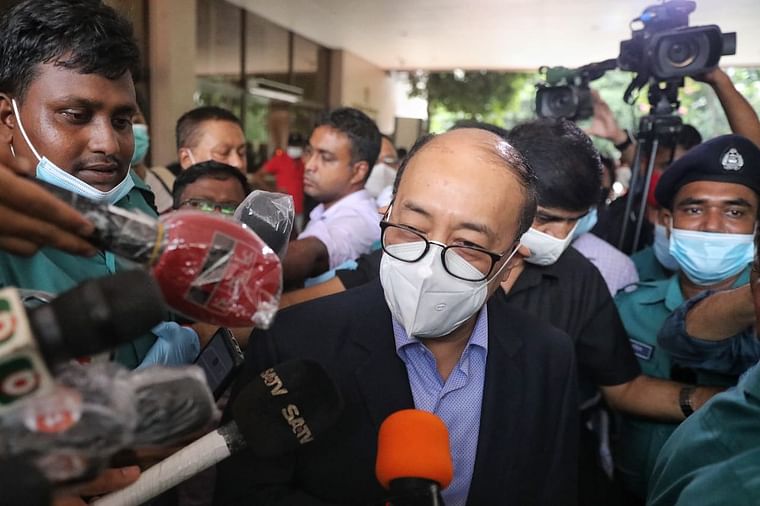
Amidst a growing tide of speculations concerning relations between Bangladesh and India, India’s foreign secretary Harsh Vardhan Shringla paid an almost surprise visit to Dhaka last month. Normally such visits are announced in advance, but this particular Dhaka trip of the Indian foreign secretary only appeared in the media just the day before Shringla arrived.
Immediately after Harsh Vardhan Shringla arrived in Dhaka on 17 August, the Indian high commission issued a brief note, saying that the foreign secretary’s visit aimed at taking forward relations between the two friendly neighbours. However, even after Shringla paid a courtesy call upon prime minister Sheikh Hasina in the evening the same day, the government made no statement in this regard.
Over the last decade, relations at a state level between Bangladesh and India had reached an all-time high. It was often declared by both sides that the relations between the two countries had entered a golden chapter.
With the outbreak of the coronavirus pandemic, over the past few months several meeting and trips between the two countries were cancelled. At such a juncture, the sudden and brief Dhaka visit of India’s foreign secretary sparked of considerable curiousity. During the two-day visit, though Harsh Vardhan Shringla held a lunch meeting with Bangladesh’s foreign secretary Masud Bin Momen, the main objective of the trip with the courtesy call on prime minister Sheikh Hasina. However, whatever transpired at the meeting remains unknown. No one from the foreign ministry was present at the meeting with the prime minister on 17 August at Gonobhaban.
Relations between these two close South Asian neighbours have reached such a level since 2009, that this is not the first such sudden visit over the last decade.
Defence cooperation took relations between the two countries to another height over the last decade. Bangladesh effectively and promptly extended it cooperation in uprooting India’s northeast insurgents. It also readily responded to the transit and transshipment issues, an answer to India’s long standing demand.
On the flip side, however, despite repeated pledges from India, border killings were not reduced to zero. Nine years have passed yet the Teesta deal has not been signed. It is still unknown as to when the deal to share waters of common rivers will be signed. Five years have passed since the signing of the land port protocol, but the demarcation of Muhuri river remains in limbo. And despite all this bilateral cooperation, Bangladesh is upset not to find India by its side in the Rohingya crisis. There is also much concern about India’s National Register of Citizens (NRC).
If the relations between these two close neighbours are multidimensional and not comparable with any other relations, then transparency is essential in public interest.
Not a sudden visit
Diplomatic sources in Dhaka and Delhi reveal that senior diplomats of both countries had actually discussed Harsh Vardhan’s Dhaka visit well in advance in the Indian capital. Both sides had agreed to keep the trip from the media. A diplomat in Delhi admitted to this correspondent that “there is a prohibition on talking about this trip.”
Harsh Vardhan Shringla’s Dhaka trip was discussed at least a week before he arrived in Dhaka in 17 August, said diplomatic sources. After discussions at the top level, Shringla came to Dhaka to deliver Delhi’s message. Other than his courtesy call on prime minister Sheikh Hasina and discussions with the foreign secretary, Shringla also talked to several other quarters to assess and understand how relations stood between the two countries.
Changed geopolitics and China
In recent years the balance of power in global politics is gradually shifting from the West towards Asia. This has generated a degree of excitement in Asia, further increased by the outbreak of coronavirus. The Dhaka trip of India’s foreign secretary is not unrelated to this.
President of Bangladesh Institute Peace and Strategic Studies (BIPSS), Maj Gen (retd) ANM Muniruzzaman, speaking to Prothom Alo, said India has not received the response it had hoped for from neighbouring countries in the changed circumstances of strategic relations. India was particularly perturbed at the lack of reaction from the South Asian countries during its clashes with China. It is concerned about the state of its relations with its neighbours.
The BIPSS president said, things are not going well for India where its relations with Nepal are concerned. It is also worried after Sri Lanka’s election results. Good relations still prevail with Bangladesh, but it is wary about this neighbour’s multi-level cooperation with China. It is noticeably concerned at the manner in which China is getting increasingly involved in Bangladesh’s infrastructural development.
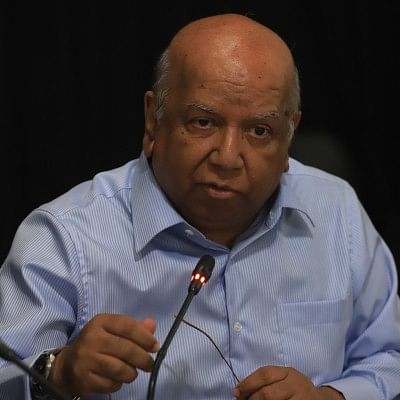
Muniruzzaman pointed out that Indian media was highlighting, with concern, the possibility of Chinese assistance for Teesta barrage. A state-owned company of China has carried out a study in this regard and has indicated its interest in funding and implementing the project.
On the same note as this defence analyst, former foreign secretary Touhid Hossain said there was a link between China’s growing presence in South Asia and Harsh Vardhan Shringla’s Dhaka visit. He said, “We can see China’s relations are not going well with India, but China’s ties with us are strengthening. So India may very well be concerned. From 2016 China has been investing in many mega projects in Bangladesh. India is not comfortable with this. Due to its own adverse relations with China, the growing proximity between Bangladesh and China is a matter of concern for India. That is why is can be assumed that India’s foreign secretary came to Dhaka to deliver a message from Delhi concerning China.
India is now a non-permanent member of the Security Council. We hope they play a more important role in resolving the Rohingya crisis
Bangladesh immediate past foreign secretary and senior fellow at North South University’s South Asian Institute of Policy and Governance, Md Shahidul Haque, told Prothom Alo, the balance of power in global politics is gradually shifting from the West towards Asia. India’s foreign secretary Harsh Vardhan Shringla came to Dhaka to open new facets in Bangladesh-India relations, given the changing geopolitical circumstances in the global backdrop. It is only natural for them to want Dhaka by their side as a friend.
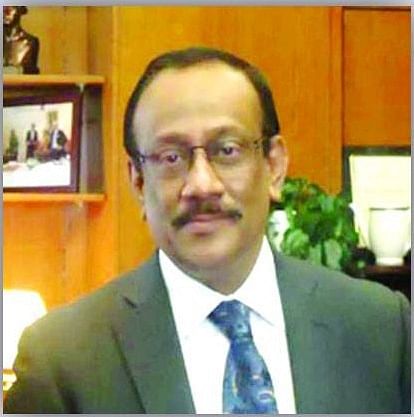
Lack of transparency
Former foreign secretary Md Touhid Hossain said, “There was a lack of transparency in the visit of the Indian foreign secretary. Naturally this trip wasn’t just decided upon overnight. The contents of his discussions with the prime minister have not been revealed till now. If information cannot be availed, speculations are bound to spread. In the interests of Bangladesh-India ties, it would be better not to give scope to such speculations. It is not that the public has to be informed of everything in detail, but it would have been good if at least a press note was issued. After all, these are multi-dimensional relations and so the people naturally want to know what matters were discussed.”
However, Bangladesh’s former high commissioner and senior fellow of Independent University’s Bay of Bengal Institute Project, Tariq A Karim, differed from Touhid Hossain about the matter of transparency. Speaking to Prothom Alo, he said many important issues are discussed between two closely neighbouring countries on such visits. In diplomatic matters, there are all sorts of limitations on bringing things out in the open. If any such issue suddenly crops up, this is how it is to be resolved. In the history of diplomacy, most important and successful negotiations are done behind the scenes, not in the open. The public gets to know about it after things are finalised. Bangladesh-India relations are presently at complex crossroads.
It goes to Bangladesh’s benefit that we have good relations with both India and China. We are like a bridge. We will not drop one and chose the other.
Former foreign secretary Md Shahidul Haque feels that if the relations between these two close neighbours are multidimensional and not comparable with any other relations, then transparency is essential in public interest. He said, relations between the two countries have reached such a level that new areas of cooperation are steadily emerging. In the interests of these relations it is better to have a transparent stance. He said that the relations between the two countries cannot be explained by any common definition. It cannot be replaced by any other relations. In 2019 it was clearly said that these relations are above strategic relations. And the interaction between the people of the two countries goes back for centuries.
Development efforts and India’s responsibility
According to diplomatic and international relations experts, despite the close ties between Bangladesh and India, the people of Bangladesh have anger towards the government of India on several accounts. India has not been sensitive about allying this anger. Also, India has a shockingly strong reaction to any overtures Bangladesh makes in scaling up its relations with other countries in its own interests.
We want good relations with India, but it has to be give and take.
Maj Gen (retd) Muniruzzaman said, “Given our close ties, we did not receive the cooperation we had hoped for from India regarding the Rohingya crisis. While the whole world is condemning the Myanmar army for committing genocide, India had grown close ties with the Myanmar army. This has worried us. India is now a non-permanent member of the Security Council. We hope they play a more important role in resolving the Rohingya crisis.”
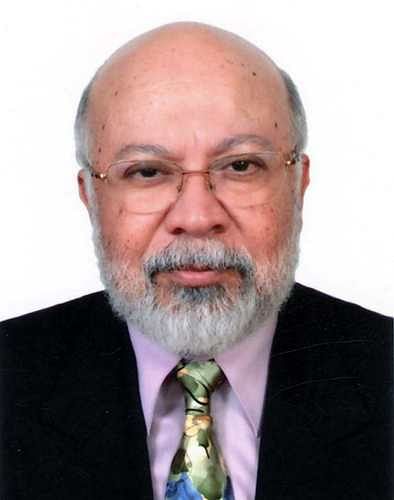
Former high commissioner to India, Tariq Karim, said, “Bangabandhu had determined the dimension of our relations. He had said Bangladesh would have friendly relations with India. We are trying to have good relations with China. We have told India repeatedly that our relationship with China does not go against India. Relations with China will continue. It has nothing to do with our closeness with India. It goes to Bangladesh’s benefit that we have good relations with both India and China. We are like a bridge. We will not drop one and chose the other. We will not drop BRI (Belt and Road Initiative) for the Indo-Pacific. We must uphold our national interests.”
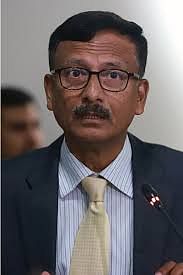
“The Bangladesh-India border is the only border in the world where even during peace people are shot dead,” continued Touhid Hossain. “It is not an enemy country, there is no war, but people are being shot dead. This just cannot be. No matter what excuse India might make, if the political leadership takes a firm decision, this cannot happen. As it is, India is making a national register of citizens and on top of that, the comments made by top Indian politicians are absolutely objectionable. India has no right to speak in such a derogatory manner. The sooner India’s politicians realise this, the better. We want good relations with India, but it has to be give and take.”
This report appeared in the print and online edition of Prothom Alo and has been rewritten for the English edition by Ayesha Kabir
